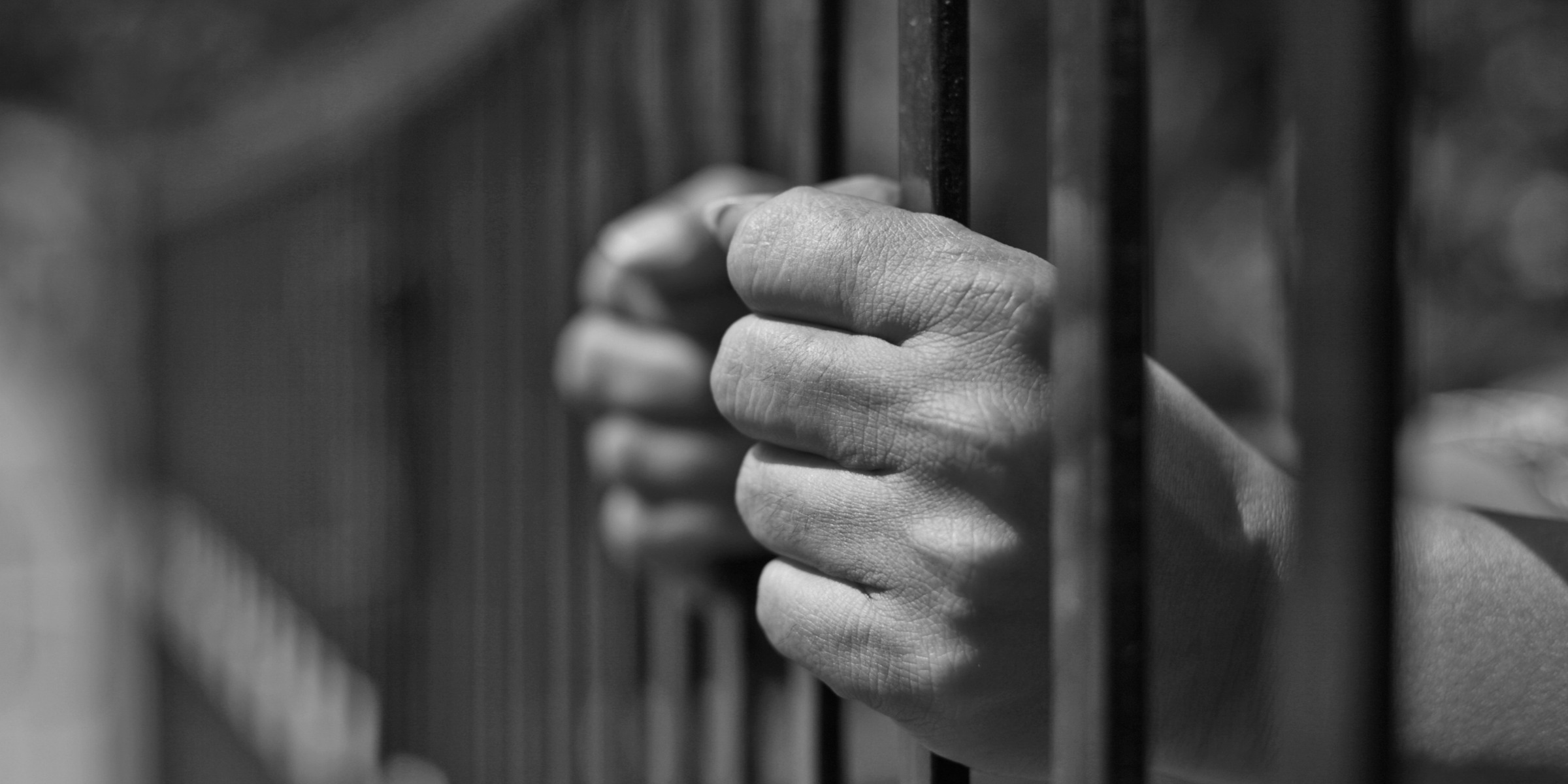Do not let the legal term fool you, larceny in North Carolina is the crime of theft. Specifically, it is the taking of another person’s property or money without consent and with the purpose of depriving them of the property forever. If you are accused of stealing or accepting stolen goods, you will be charged with a larceny offense.
The type and value of the property will influence the level of the offense. According to section 14-72, for property valued at less than $1,000, you will likely face a Class 1 misdemeanor. If you are accused of unlawfully taking property worth more than $1,000, you will be charged with a Class H felony.
Shoplifting
Shoplifting in North Carolina is larceny-related offense involving leaving a store with merchandise or passing the last line of registers without paying. Additionally, you can be charged with shoplifting for concealing goods on premises or changing the price tags on items for sale. Essentially, you can be arrested for shoplifting before leaving the store with the goods you did not pay for. Shoplifting crimes are typically considered misdemeanors; however, other circumstances can lead to felony charges, such as if you stole a firearm or tampered with security devices.
Home Invasion(Burglary)
Burglary is the act of breaking and entering into a dwelling at night with the intent to commit a felony or theft inside. The term breaking and entering does not require breaking down a door or window to get into the house. Simply opening an unlocked door or entering through an open window is enough since you did not have permission. A dwelling is any place a person can live or sleep. According to section 14-51, if you are accused of breaking into a home and people were present, then you face burglary in the first degree, a Class D felony. If no one was present at the time, then it is known as burglary in the second degree, a Class G felony.
Robbery
Robbery is the crime of unlawfully taking property from a person or in the presence of a person through the use of force or threat. This can include a dangerous weapon, though it does not have to in order to be a crime. Basic robbery is charged as a Class G felony. Under section 14-87, if you are accused of using a gun or other dangerous weapon to commit a robbery, you will be charged with a Class D felony.
Tags:
Bail Bonds Information
June 18, 2019
